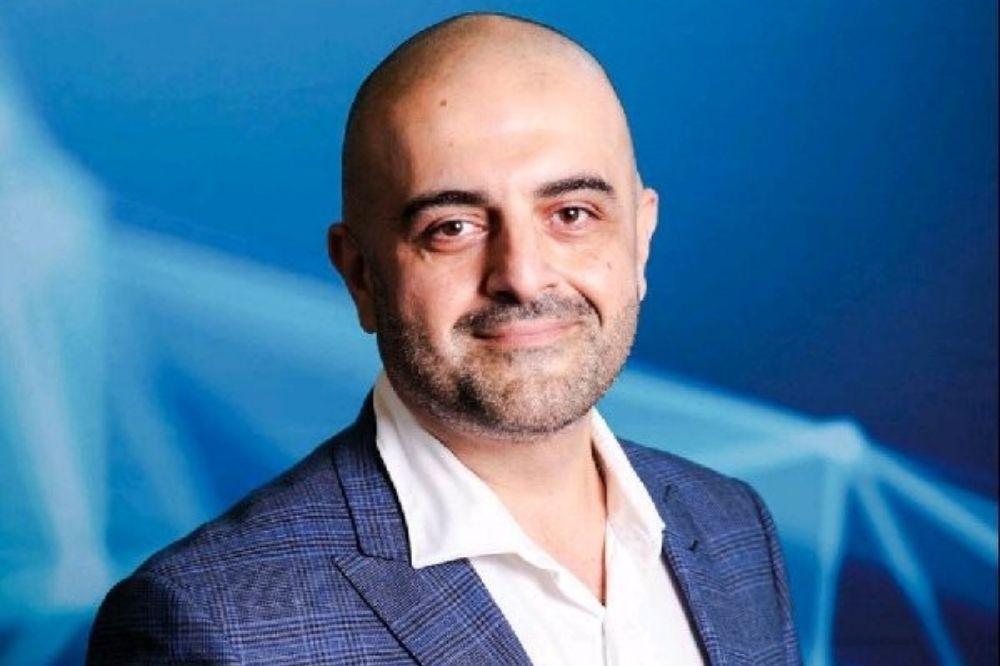
In October last year, Facebook CEO Mark Zuckerberg announced an ambitious plan to build a new version of the Internet, with the ‘Metaverse’ being the central concept.
“We believe the metaverse will be the successor to the mobile internet, we’ll be able to feel present – like we’re right there with people no matter how far apart we actually are,” Zuckerberg said, adding that the social media giant would now be known simply as ‘Meta’.
Today, many are still trying to get their heads around what the Metaverse means in simple terms.
According to Hassan Baickdeli, Head of Emerging Technology and Solutions A/NZ at Lenovo, the metaverse “is a concept where people, spaces, assets, information, experiences, interaction, and collaboration take place on a virtual platform, enabled by Web 3.0.”
“The metaverse incorporates and builds upon existing technologies such as virtual and augmented reality, artificial intelligence, and next-gen hardware to allow users to be a part of the internet rather than just using it,” Baickdeli told The Educator.
For organisations curious about the commercial implications of the Metaverse, Bloomberg estimates that it will become an $800bn market by 2024. This means that all organisations, including universities and schools – will somehow be embedding the Metaverse into what they do before the middle of this decade.
Baickdeli, for one, sees an opportunity for the Metaverse to replace the ‘virtual classrooms’ that teachers, students and parents have become all-too familiar with during the last two years of the pandemic.
“If the pandemic has shown us anything, it is that we can achieve amazing things with the right technology and its appropriate implementation,” Baickdeli told The Educator.
“The assimilation of programs such as Zoom, and Microsoft Teams prove that students don’t need to attend physical spaces anymore in order to learn. Subjects like chemistry, physics, biology, and even mathematics can be taught in virtual classrooms to make education more accessible.”
Baickdeli says educators can, by harnessing the power of the metaverse, now look at creating unique experiences that are far more immersive than earlier mediums; thus, increasing memory retention.
“Additionally, students are already interacting with their peers on platforms like Roblox and Minecraft, so incorporating such programs can help nurture the social and cultural side of schooling.”
Supercharging students’ interactive experience
Another way that schools can use the Metaverse to enhance the student experience is by making field trips more engaging.
“Realistic field trips have been occurring for years now. If we think back to five years ago, field trips were structured around the idea of consuming content,” Baickdeli said.
“For example, you could go to Yellowstone National Park and learn about its flora and fauna as narrated by Barack Obama.”
However, Baickdeli said the innovation here how this part of education has been enhanced to become an interactive experience.
“Through the metaverse, students can select items and interact with historical events i.e. one can visit the coliseum and choose to experience gladiator battles as a spectator, gladiator or even Caesar himself,” he said.
These perspective views and experiences deliver a far deeper level of learning than anything read from text.”
Lenovo has partnered with TAFE SA to take first year industrial refrigeration students into highly volatile environments virtually – education which would be available to only second year students if done physically.
“The value of the metaverse is in being able to accelerate learning while adhering to safety standards,” Baickdeli said.
“Similarly, from an institution perspective, it is a benefit when rich and real time educational material can be delivered within a short period of time.”
Seamlessly connecting students around the world
Baickdeli said the Metaverse can also be a tool for live translation aiding in connecting students from across the globe.
“We are already seeing solutions like MS Teams incorporate real time translation which is breaking down language barriers globally and the metaverse is set to expand on those capabilities by incorporating AI,” he said.
“For instance, you won’t need to learn a new language to connect with a student in France to exchange notes as all translations will be done for you in real time.”
Baickdeli said that by capitalising on the interactive element of the metaverse, barriers such as language, physical location, and culture will start to disappear.
“This would result in students gaining the ability to access more information than before whilst simultaneously promoting a holistic approach to education.”


